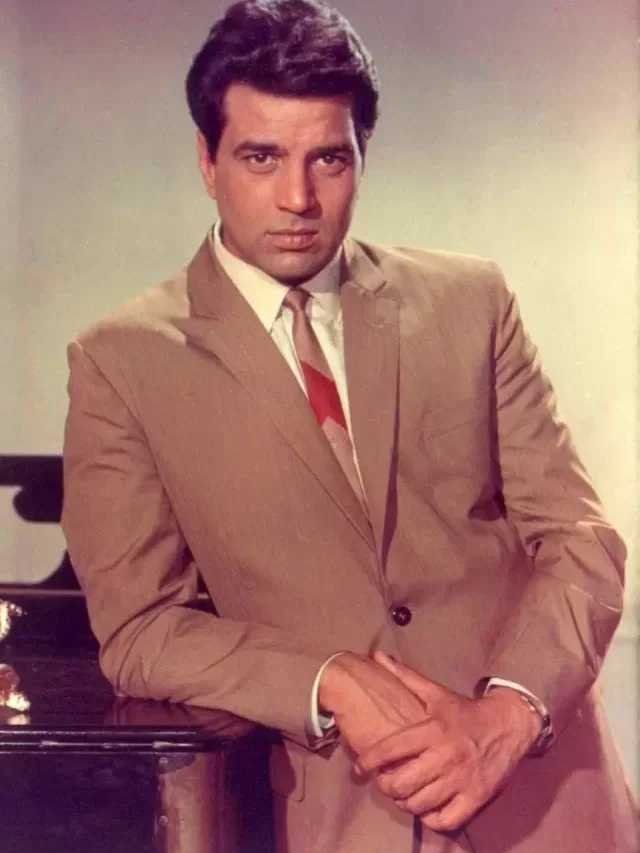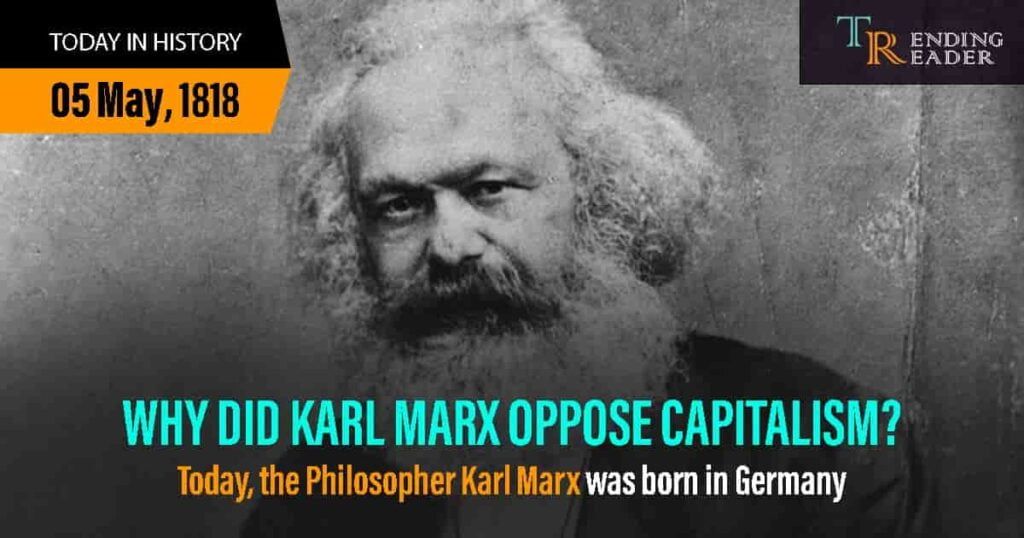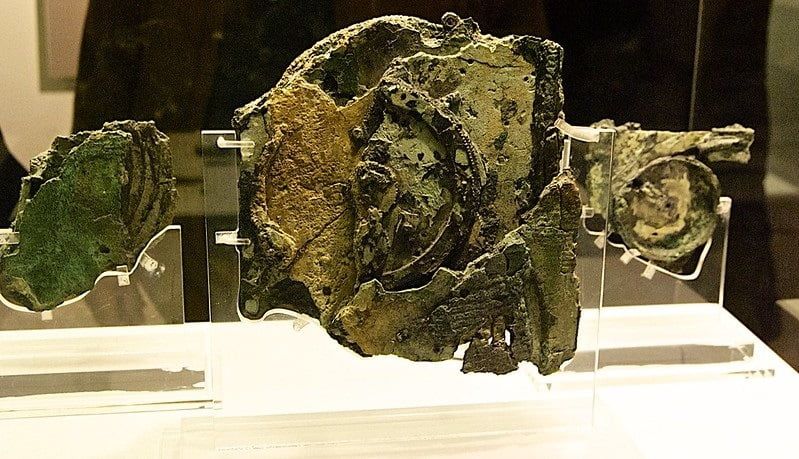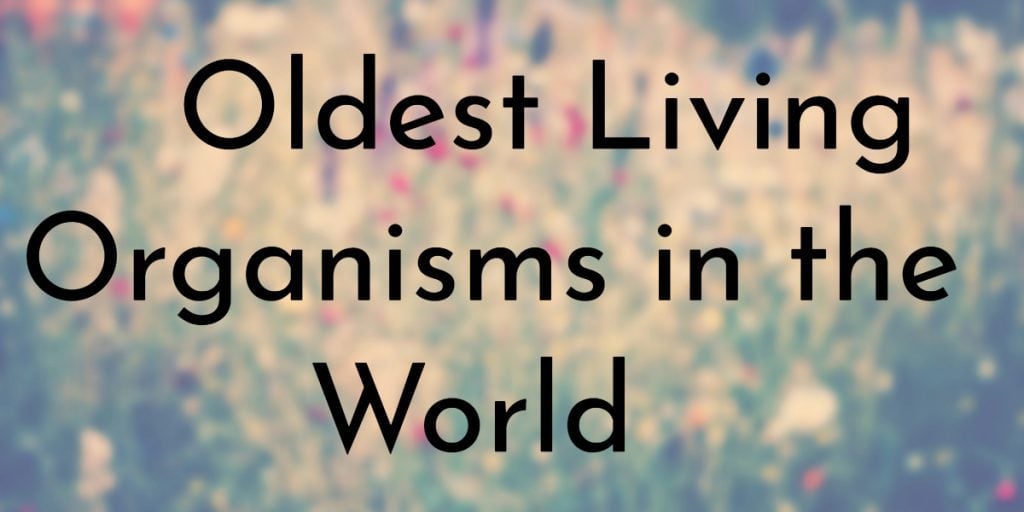In May 1818, the famous philosopher Karl Marx was born in Germany. This article will walk you through the life of Karl Marx and will unfold the radical political theories established by the great journalist and will throw light on why Karl Marx opposed capitalism and who was Karl Marx exactly.
So, without further ado, let’s take a look at the early life and the famous writings of Karl Marx – the journalist and the mastermind behind “ The Communist Manifesto “.
Who Was Karl Marx?
Karl Marx, the greatest philosopher of all time and the father of Communism was a revolutionary who is best known for his radical theories against Capitalism. Before directly jumping onto why Karl Marx opposed capitalism, let us take a look at his early life which later shaped his thinking and writings on revolutionary socialism.
Karl Marx – Early Life And Family
Karl Marx, the greatest philosopher and revolutionary in history was born on 5th May 1818 in Prussia, Germany, which is now known as Trier. Being the third among nine children of Heinrich was exposed to discrimination for his Jewish background and this was the beginning of his radical thinking. He started questioning the role of religion in society and sought societal changes.
After earning his degree in philosophy, he married Jenny von Westphalen and the couple later in 1843 shifted their base to Paris, which was a hub of radicalism at that time. During his stay in Paris, he was inspired by the works of Wilhelm Frederich Hegel and established his thinking that economics shaped society and not ideas. Though Hegel was an idealist, Marx adopted his own beliefs and this was the beginning of his journey towards radical changes in society. Marx strongly believed that society would function better if the power to run a business is held by the labour class, rather than the business owners or monopolies.
Besides Hegel, Karl was also greatly influenced by other French revolutionaries and historians such as David Ricardo and Adam Smith. But, his greatest inspiration was his friend and associate Friedrich Engels, who was the owner of a cotton factory, besides being one of the greatest historians of his time.
With the help of his friend Engels, Marx published several of his controversial writings which have gained popularity and acceptance in recent years such as the “ Das Kapital” and “ The Communist Manifesto “ among others. He later moved to London and spent the rest of his life with his wife there.
During his stay with his friend Engels, Marx spent most of his time in the British Museum’s Reading Room which is now believed to have shaped his ideas against Capitalism and the establishment of Communism. But, why did Karl Marx oppose capitalism? What Was Karl Marx theory of Socialism? Head on to the next section to know more.
Also Read – Greatest Philosophers Who Changed The World With Their Philosophies
Why Karl Marx Opposed Capitalism – The Monopoly Of The Bourgeoisie
During the beginning of the industrialization era, the concept of capitalism started to take shape in the society. While the business class and the industrialists seized all economic powers, the workers and the labour classes were denied opinions. The working conditions were pathetic, with long hours of workdays. Underaged children were found working in factories and industries, exposed to harsh conditions. Amidst such grim weather, a new problem arose for the working class of the society. The Government banned the establishment of labour unions, which means it was illegal to form labour unions or committees against the monopoly of the business owners.
Followed by the Industrial Revolution in England where the Government and the business classes were in full support of Capitalism, an ideology that believed in the writings of Adam Smith to empower the industrialists and business people with all economic powers, it is important to understand why Karl Marx opposed capitalism.
Karl Marx In England
During the time of the Industrial Revolution in England, the emergence of the upper classes and the oppression of the proletariats, Karl Marx shifted to England after being expelled from Germany and Belgium, where he spent the rest of his life. So, what happened in Germany and Belgium? Why did he have to shift to London amidst the period of transition?
Also Read – When Napoleon Bonaparte Crowns Himself The Emperor Of France
During his stay in Paris where he got inspired by Hegel’s works, Marx came up with his theory that the business owners and the industrialists were ripping off the working classes, which he called proletariats of their fruit of struggle. While the wages of the labourers did not match their day-to-day work, the business people rose to power and position with their enormous wealth. Marx added more to his theory that to overcome the oppression of the weak, they should themselves stand for their rights and fight for revolution. A revolution that would overthrow the rule of the capitalist class and would further share the wealth they produced – a belief known as Communism! He also added that while Capitalism would be abolished, Communism would be established through a period of transition – socialism or socialistic revolution.
During his stay in Paris, he met Engels after which the duo started attacking the French Government through their controversial writings. Feared by the attack, they were expelled from Paris and moved to Belgium. During his stay in Brussels, he established “ The Communist Manifesto “ where he preached the idea of Communism. He established that communists would bring about a unification among the working class and soon they would lead the revolution, leading to the emergence of a new society based on the common sharing of wealth.
But, unfortunately, such a revolution never happened on a big scale in history. Though Lenin was deeply inspired by his work and gave powers to the Communist Party, soon Stalin turned it into violence, and later it turned into tyranny.
Also Read – Socrates Death – Why Was Socrates Sentenced To Death?
The EndNote
While answering the question, of why Karl Marx opposed capitalism, it is evident that he wanted the wealth to be shared by all and not concentrated in the hands of a few. This led him to establish his theory of socialism. So, what was Karl Marx theory of Socialism? The answer to this question can be traced back to his theory against Capitalism.
Karl believed that it was the working class who deserved to hold and share the wealth, against the business owners. Thus, he urged the labour classes to rise against the oppression and launch revolts to free themselves from the torture and establish a society, irrespective of class, where the industry and the wealth produced by it will be held together by the state. The great revolutionary and critic of Capitalism breathed his last on 14th March 1883 in London.
For more related information, visit Discover – Trending Reader












